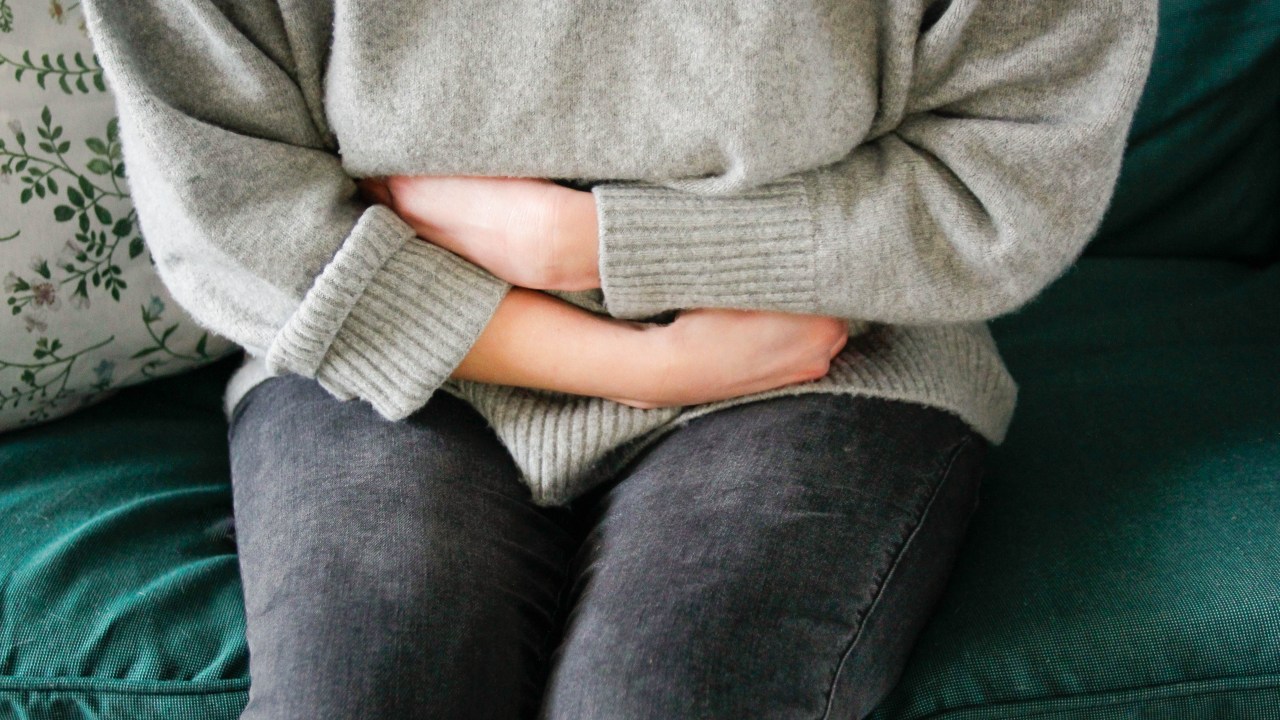Australia is currently facing its biggest gastro outbreak in more than 20 years with one state containing almost half of the nation’s cases.
20 children a day are being admitted to hospitals in Queensland due to influenza.
Queensland’s chief health officer is fearing an unstoppable contagion of influenza when school returns on Monday.
He believes the number of children hospitalised by the flu will rise to 50 a day.
The Chief Health Officer is calling for Queenslanders to get vaccinated.
Cryptosporidiosis, caused by a parasite called cryptosporidium, is a disease which brings about gastroenteritis symptoms including diarrhoea and vomiting.
There have been a reported 11,747 cryptosporidiosis cases in 2024 so far – which is the highest number recorded by the National Notifiable Disease Surveillance System since the NNDSS began collecting data in 2001.
This figure dwarfes last year’s 3,716 cases.
Australia’s gastro cases have dramatically increased, with the nation seeing its biggest outbreak in more than 20 years. Picture: Kinga Krzeminska / Getty Images.
A quarter of cases this year have been found to be in children under the age of four.
The cryptosporidium parasite can be found in the faeces of humans as well as various farm, pet and native animals.
The disease be spread in ways such as person-to-person contact, consuming unpasteurised milk or dairy products, or swimming in or drinking contaminated water.
The most common symptoms of the disease are diarrhoea, fever, nausea and vomiting, first appearing anywhere from 1-12 days following infection.
Many gastro cases are in children four and younger. Picture: Getty Images.
The illness can ultimately last anywhere from days to weeks.
According to the NNDSS, Queensland has the most cases with 5,794 infections, followed by NSW with 2,855 cases, Victoria with 1,741 cases and the other states with well under 1,000 infections.
The warmer climate is believed to be the reason as many resort to swimming to battle the heat.
According to Royal Australian College of General Practitioners Queensland deputy chair Dr Aileen Traves, there is no treatment for the disease except resting and staying hydrated.
Loading embed…
“The main thing we need people to do is to prevent spreading it,” she told the Sydney Morning Herald.
The NSW Health website advises residents on how to avoid catching the parasite through ways such as washing their hands well with soap and water after every time they use the toilet or touch animals or manure.
It further suggests not drinking untreated water, swallowing water when swimming, or eating or drinking unpasteurised milk or dairy products.
Individuals who contract the disease should not swim or share towels for at least two weeks until after their diarrhoea has stopped.
They should also avoid touching or sharing food that others may eat until at least 48 hours after this symptom has stopped.

